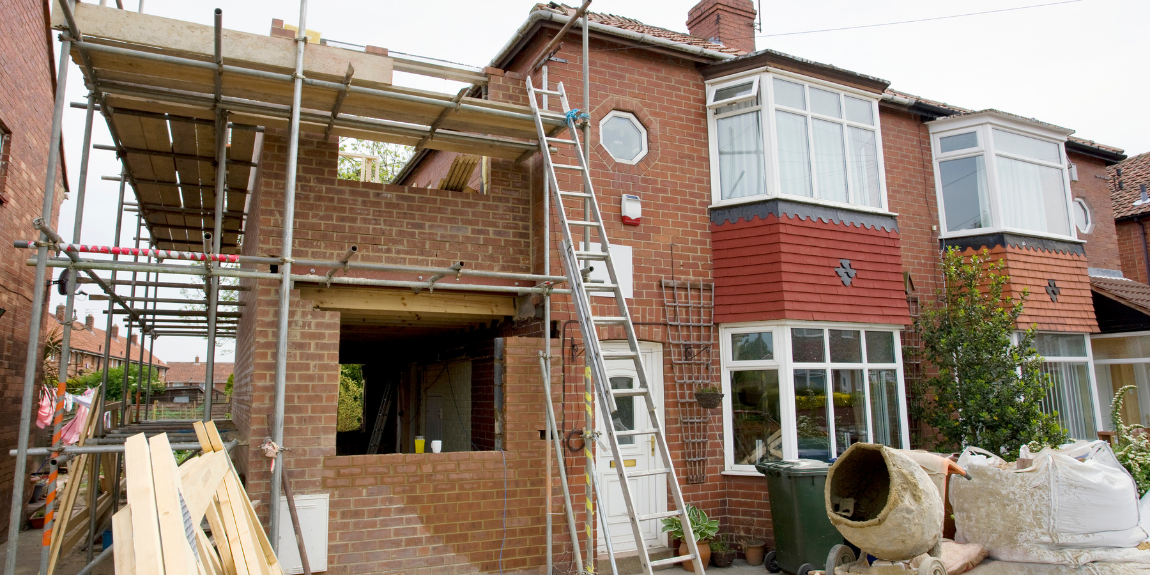Navigating Planning Permission Applications
Submitting planning applications can often be a minefield and we actively work with our clients to take away the headache and speed up the process. From small extensions to major new developments, we provide essential expertise and advice on the structural feasibility of the proposed project and help to ensure that they meet all relevant building regulations.
The types of projects that typically require planning permission are:
- Construction of new residential, commercial, industrial, or public buildings.
- If you plan to extend an existing building, such as adding an extra floor, creating additional rooms, or expanding the footprint.
- If you intend to change the use of a building or land, e.g converting a residential property into a commercial space.
- Alterations or renovations to listed buildings.
- Development within designated conservation areas.
- The demolition of buildings or structures.
- Large-scale renewable energy projects, such as wind turbines or solar farms.

When a development project requires planning approval, a planning application must be submitted to the local planning authority, providing detailed information about the project, including architectural plans, design statements, environmental assessments, and other supporting documents. The planning authority then assesses the application and considers various factors, such as land use, design, impact on the local environment, transportation, heritage, and community engagement.
The purpose of planning approval is to strike a balance between promoting development and protecting the public interest. It ensures that the proposed development is suitable for its intended location, minimises adverse effects on the surrounding area, and meets the needs of the community.
These are just some of the ways that we can support you in getting your planning permission granted:
- Getting involved in pre-application consultations: It’s beneficial to discuss your proposal with planning officers before submitting a formal application. They can provide guidance, advice, and clarify any concerns early on in the process.
- Providing advice on structural feasibility: Our team of Structural Engineers can advise on the structural feasibility of your scheme, taking into account factors such as the existing site conditions, the type of construction proposed, and the potential impact on neighbouring properties.
- Preparing structural drawings and calculations: Working alongside your architects and builders, our material recommendations, accurate structural drawings and calculations clearly demonstrate the structural integrity of the proposed scheme.
- Liaising with planning authorities: We can liaise with planning authorities on your behalf, answering any technical questions they may have and providing any additional information that may be required.
Once the planning authority reaches a decision, they issue a written decision notice outlining their determination. If planning permission is granted, it may be subject to conditions that you must adhere to during the construction and operation of the development. These conditions may relate to aspects such as design, landscaping, infrastructure, affordable housing provision, or environmental mitigation measures.
Planning approval is essential for legal compliance and provides certainty to developers and stakeholders that the proposed development meets the required standards. Failure to obtain planning approval before carrying out development work can result in enforcement action, penalties, or the requirement to undo or modify the unauthorised development.
Whether you’re a homeowner or a developer, get in touch for support in navigating your next planning application. Call us on 01733 602844 or email hello@oralabora.co.uk


